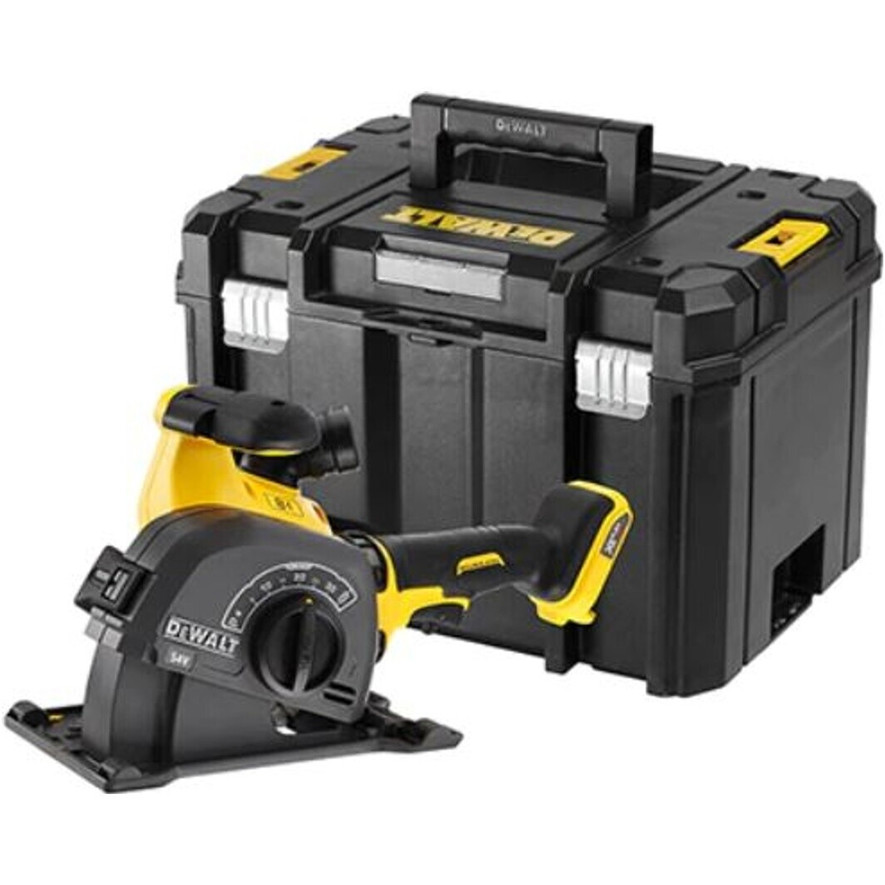A Brief History History Of Electric Planer Test

Comprehensive Electric Planer Test: A Look at Performance, Features, and Recommendations
Electric planers have actually ended up being indispensable tools for woodworkers, DIY enthusiasts, and building and construction experts alike. These powerful devices enhance the process of smoothing and forming wood, making them a must-have in any workshop. This article dives deep into electric planers, analyzing numerous models through rigorous screening. Regions of focus include efficiency, functions, user-friendliness, and important specs.
Understanding Electric Planers
What is an Electric Planer?
An electric planer is a power tool that makes use of rotating blades to shave wood surfaces, ensuring a smooth surface. It is ideal for edges, surfaces, and even thicknessing of wood boards. Electric planers can be found in different styles, with benchtop and portable models being the most commonly used.
Key Features to Look For
When selecting an electric planer, keep these features in mind:
- Motor Power: Typically determined in watts, the motor's strength impacts the tool's effectiveness.
- Cutting Width: A wider cutting width enables broader products and bigger jobs.
- Depth Control: An excellent planer needs to have adjustable depth settings for different finishes.
- Dust Collection: Built-in dust collection systems produce a cleaner work area.
- Weight and Portability: Lightweight models are easier to deal with and carry.
- Blades: Quality and sharpness greatly impact efficiency and durability.
Electric Planer Test Results
The following table sums up the findings from our detailed screening of five leading electric planers available on the marketplace:
| Model | Motor Power (W) | Cutting Width (mm) | Depth Adjustment (mm) | Weight (kg) | Dust Collection | Price (GBP) |
|---|---|---|---|---|---|---|
| DeWalt DCP580B | 20V (Battery) | 82 | 0-2 | 1.5 | Yes | ₤ 149.00 |
| Makita KP0810 | 1050 | 82 | 0-3 | 3.7 | Yes | ₤ 199.00 |
| Bosch PLA2200 | 720 | 82 | 0-3 | 3.4 | Yes | ₤ 129.00 |
| Ryobi PPLB01 | 18V (Battery) | 82 | 0-2 | 1.7 | Yes | ₤ 139.00 |
| Porter-Cable PC60TP | 600 | 82 | 0-2 | 3.3 | Yes | ₤ 89.00 |
Performance Evaluation
DeWalt DCP580B:
- Pros: Lightweight, outstanding battery life, versatile for different materials.
- Cons: Higher cost, restricted power for heavy jobs.
- Suitable Usage: Best for portable applications and smaller sized projects.
Makita KP0810:
- Pros: Powerful motor delivers extraordinary performance, solid develop quality.
- Cons: Heavier than rivals, price may be a deterrent for some.
- Suitable Usage: Perfect for professional usage, perfect for harder product.
Bosch PLA2200:
- Pros: Affordable, reliable on most softwoods, trustworthy brand.
- Cons: Lacks power for woods, dust collection might be improved.
- Ideal Usage: Suitable for amateur woodworkers and home jobs.
Ryobi PPLB01:
- Pros: Good combination with other Ryobi tools, lightweight.
- Cons: Limited depth change.
- Suitable Usage: Great for easy work and DIY jobs.
Porter-Cable PC60TP:
- Pros: Excellent worth for price, excellent power-to-weight ratio.
- Cons: Basic features compared to others, less durable.
- Perfect Usage: Best for hobbyists and occasional usage.
Total Winner
After comprehensive testing, the Makita KP0810 sticks out as the most robust electric planer for professional woodworkers. Its effective motor integrated with the adjustable depth creates a superior finishing quality for various wooden tasks.
Frequently Asked Questions about Electric Planers
1. What should I consider when choosing an electric planer?
When picking an electric planer, consider the motor power, cutting width, functions like depth adjustment, dust collection systems, and the type of jobs you prepare to undertake.
2. Can electric planers be utilized on wood?
Yes, many electric planers can manage hardwood. However, designs with a more powerful motor, like the Makita KP0810, are suggested for better performance.
3. How frequently should I sharpen the blades?
It is best to sharpen the blades frequently, especially if you are dealing with dense products. Check the sharpness often and change or sharpen as needed for ideal performance.
4. Is dust collection important?
Yes, a trusted dust collection system helps maintain a clean work location, improving visibility and security while working.
5. Can electric planers be utilized for other materials besides wood?
Electric planers are designed for wood but can sometimes deal with softer composites. Avoid harder materials to guarantee the durability of your tool.
Electric planers have ended up being an important tool in woodworking for their effectiveness and flexibility. The screening of various designs has actually unveiled a broad spectrum of functions that cater to different requirements and spending plans. For experts looking for power and performance, the Makita KP0810 is the leading competitor. However, trivox-versand.de and amateur woodworkers may discover designs like the Bosch PLA2200 and Porter-Cable PC60TP to suit their occasional use completely.
When choosing an electric planer, consider your specific needs based upon the kind of projects you intend to undertake. With continued improvements in technology, choosing the right electric planer will improve your woodworking experience, conserve valuable time, and produce quality finishes that you've always preferred.

